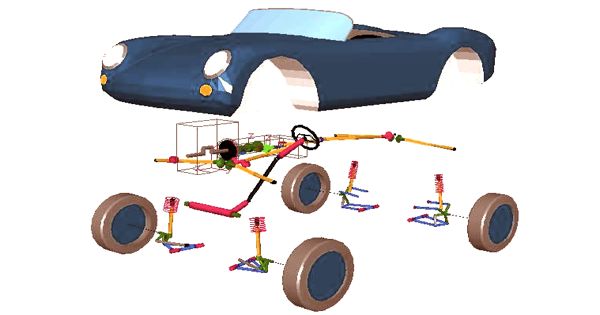Even for conventional thinkers, changing one’s feelings or emotional state can have a substantial impact on creativity. A recent study reveals that even those who tend to think traditionally, such as accountants or insurance adjusters, can be creative if they can view emotional circumstances in a different manner.
Researchers discovered in a series of studies that traditional thinkers, individuals who rank low on openness to new ideas and experiences, came up with more creative ideas than peers after practicing “emotional reappraisal.” This entails viewing a situation via a different emotional lens, such as attempting to interpret an angry incident as neutral or happy.
The study, published in the journal Organizational Behavior and Human Decision Processes, suggests that creativity may be taught.
“One of the study’s implications is that creativity isn’t just for people we think of as ‘creatives,'” said lead author Lily Zhu, an assistant professor at Washington State University’s Carson College of Business. “There is a creative element whenever we break away from our existing perspective and try to think about something that is different from our initial reaction.” If we can exercise or train that flexible-thinking muscle, it may help us become more creative in the long run.”
Negative emotions are unavoidable at work. The question is not whether or whether we want bad emotions. The question is, how can we cope with them in a more productive and healthy manner? One of the study’s conclusions is that we might use unpleasant emotions in our daily lives to improve flexible thinking.
Lily Zhu
Zhu and co-authors Chris Bauman and Maia Young from the University of California, Irvine performed a survey and two identical trials with three separate groups of participants for the study. The initial poll of 279 college students found that persons who were more creative, with a high openness to new ideas, also practiced emotional reappraisal on a frequent basis.
In a study of 335 people recruited through a crowdsourcing platform, participants were initially ranked on their openness levels before being shown a film sequence tailored to evoke rage. They were given different directions while watching: repress their emotions, think about something else to distract themselves, or undertake emotional appraisal (looking at the scene through a new lens). A portion was also given no instruction on how to regulate their feelings.
After viewing the film, the participants were asked to come up with an idea to use a space in their building being vacated by a cafeteria that was going out of business. Those ideas were then evaluated by a panel of experts who did not know anything about the participants. Ideas such as using the space for “napping pods” or opening a childcare facility were considered highly creative whereas opening a similar cafeteria or a food franchise were considered low in creativity.

The next experiment had a different group of 177 participants write about an experience that made them angry, rather than viewing a film. They were then tasked with either writing about it again from a different emotional perspective or writing about something else as a distraction.
In both experiments, conventional thinking participants who tried emotional reappraisal came up with more creative ideas than other conventional thinkers who used suppression, distraction, or no emotional regulation strategy at all.
Notably, among those who were already regarded as creative thinkers, emotional reappraisal had little effect on their creativity. The authors argue that because creative people already exercise emotional reappraisal on a daily basis, doing more of it has less of an impact, similar to adding more gas to a car that already has fuel.
According to the researchers, the findings have implications for improving business productivity because it appears possible to tap the knowledge and experience of more employees by encouraging their creativity, even those in traditional occupations like accounting, insurance adjustment, or data analytics.
Zhu proposed that managers create training programs to help employees improve creative thinking skills. Individuals can also practice emotional reappraisal instead of repressing unpleasant emotions when confronted with a crisis or hardship.
“Negative emotions are unavoidable at work,” Zhu remarked. “The question is not whether or whether we want bad emotions. The question is, how can we cope with them in a more productive and healthy manner? One of the study’s conclusions is that we might use unpleasant emotions in our daily lives to improve flexible thinking.”
















